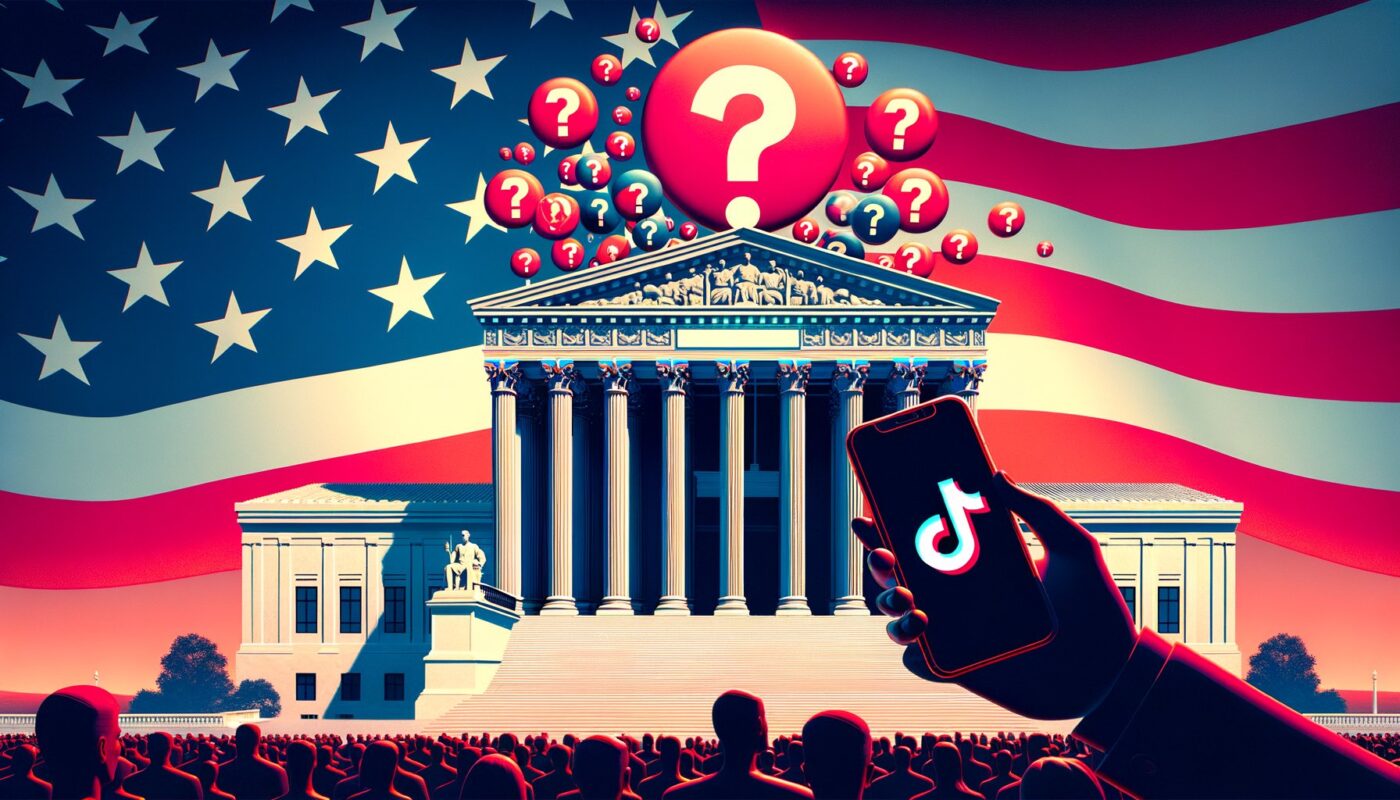The potential ban of TikTok in the U.S. has become a significant point of contention among policymakers, businesses, and the app’s vast user base. With more than 170 million American users, including numerous small businesses and content creators, many are concerned about the future of this immensely popular platform. As the app’s fate hangs in the balance, the U.S. Supreme Court is poised to make a critical decision.
Security Concerns: The Driving Force Behind the Ban
At the heart of the debate is the concern over national security. Many U.S. lawmakers argue that TikTok, owned by the China-based company ByteDance, poses a threat due to the potential misuse of American users’ data by the Chinese Communist Party. The federal government, citing national security concerns, has intensified its efforts to either compel a sale of the app to a U.S. company or implement a full ban. A recent article from Britannica highlights such anxieties by emphasizing TikTok’s potential role as a tool for espionage and propaganda.
The Economic Consequences of a Ban
Aside from national security, the economic implications of a TikTok ban are significant. Reports from Colorado Springs detail how small businesses and individual creators depend heavily on TikTok for marketing and brand collaborations. The ban could disrupt this economic ecosystem, forcing creators like Kelsey Pierson to find alternative platforms for their content.
Legal Battles and Free Speech Concerns
Legal challenges have been swift, with TikTok suing the government over the potential ban, arguing that it violates the First Amendment rights of American users and the company itself. The U.S. Court of Appeals for the District of Columbia Circuit’s recent decision to deny a request to block the ban law has pushed the issue to the Supreme Court. This development has intensified the legal battle, with Fox 7 Austin noting TikTok’s continued efforts to resist the legislation.
The Political Landscape and Future Implications
The TikTok debate also reflects broader tensions between the U.S. and China. Some observers suggest the push to ban TikTok is part of a larger strategy to exhibit a “tough on China” stance. A related article on rising U.S.-China trade tensions elaborates on the intricate geopolitical dynamics influencing such decisions.
As the Supreme Court prepares to weigh in, the outcome remains uncertain. Should TikTok be banned, it would mark a significant shift in how foreign apps are treated in the U.S., with profound implications for digital privacy, international trade relationships, and the digital marketing landscape.
In conclusion, while the potential ban on TikTok raises complex questions about security, economy, and freedom, the final decision will inevitably shape the future of digital interaction and international policies in the U.S. and beyond.
Warning : This information is indicative and without guarantee of accuracy. Consult a professional before making any decision.





